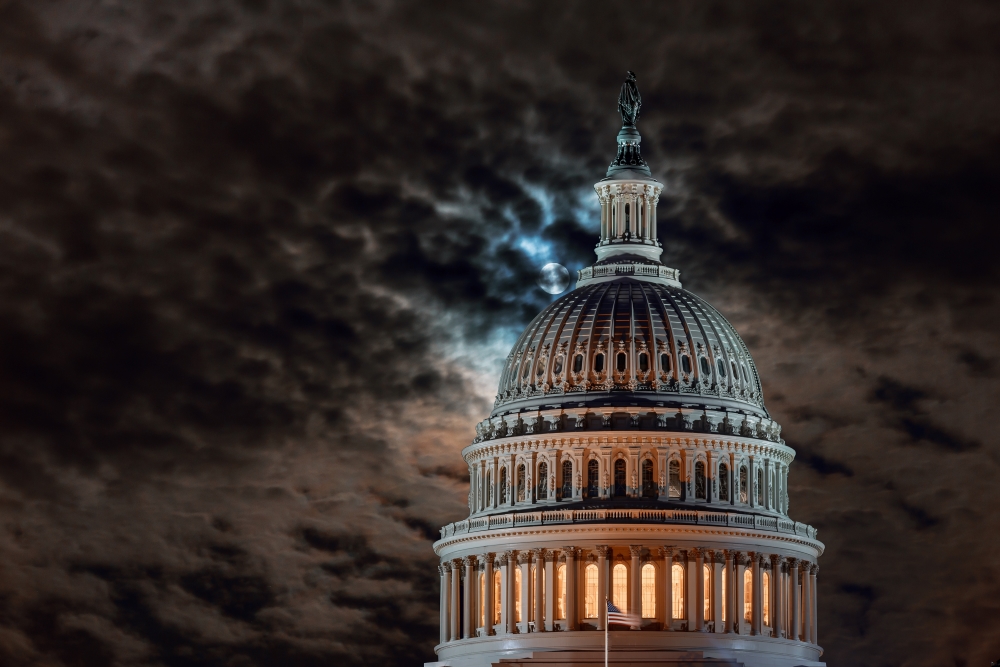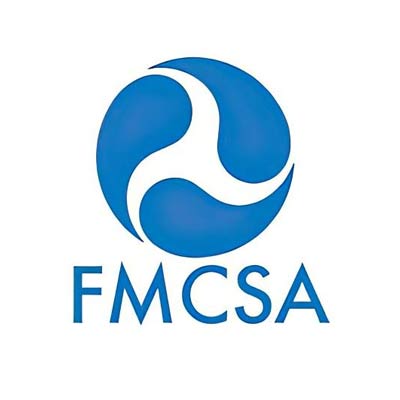Impacts of a Federal Government Shutdown
What does it mean and what's at stake for our industries

As Congress struggles to reach an agreement to fund the government beyond September 30, the likelihood of a federal government shutdown is growing. Without bipartisan cooperation, the government could remain closed until a short- or long-term spending plan for Fiscal Year 2026 is reached.
For the private motorcoach and group travel industry, a shutdown would have significant ripple effects. From canceled trips and lost tourism revenues to disruptions in federal transportation programs, contract payments, and public lands access, the impacts would be felt across our industry and the communities we serve.
Recent reports also indicate the White House is considering additional staffing cuts—or Reductions in Force (RIFs)—at federal agencies. While much attention has been on the Department of the Interior, the impacts could extend to other departments critical to our sector, including the Departments of Transportation, Homeland Security, Education, and Commerce. These agencies administer programs and policies that directly affect how our industry operates.
Background and State of Play
- OMB escalates shutdown risk: The Office of Management and Budget (OMB) has directed federal agencies to prepare not only for temporary closures but also for permanent reductions in their workforce. This raises the stakes dramatically for industries tied to federal programs and services.
- Congress deadlocked: Last week, the House narrowly passed a partisan continuing resolution (CR), which failed in the Senate. Competing proposals remain unresolved, and with Congress in recess until just before the deadline, time is running short.
- Uncertain path forward: With House leaders pressing their position and the Senate expected to act at the last minute, the odds of a lapse in government funding are increasing.
Key Terms to Know
- Furloughed (a type of non-pay status).
- “Excepted” from furlough (i.e., continuing to work and earn pay, but their pay is delayed until appropriations are authorized).
- Employees who are “exempt” from the lapse in appropriations (e.g., because they are not paid from annually appropriated funds) are not impacted.
What’s at Stake for the Motorcoach and Group Travel Industry
- Lost economic activity: Shutdowns close national parks, historic sites, and federally operated destinations—cornerstones of the group travel economy. When these facilities close, trips are canceled, buses sit idle, and businesses across the supply chain—from hotels to restaurants to attractions—lose revenue.
- Job impacts: The private motorcoach industry supports hundreds of thousands of jobs across the country. A shutdown threatens not just our sector’s livelihoods but also the communities that depend on group travel.
- Uncertainty for contracts and permits: Many companies contract with the federal government for transportation and logistics services. A shutdown halts payments, delays permit approvals, and creates cascading financial strain.
- Transportation policy paralysis:
- Department of Transportation (DOT): A shutdown could stall grant disbursements for motorcoach operators, delay regulatory reviews, and pause rulemakings critical to safety, operations, and financing. The execution of new contracts or grant agreements would be postponed. Amtrak and transit agencies typically have sufficient funds on hand to maintain normal operations during a short-term shutdown. If there is an extended shutdown, reductions in services or elimination of contracted activities could occur.
- Federal Motor Carrier Safety Administration (FMCSA): Staff furloughs could slow processing of operating authority, safety reviews, and compliance functions, leaving operators in limbo.
- National Highway Traffic Safety Administration (NHTSA): Vehicle safety rulemakings and enforcement actions could be paused, creating uncertainty for manufacturers and operators.
- Security program disruptions:
- Department of Homeland Security (DHS): Shutdowns could interrupt disbursements and processing for the Intercity Bus Security Grant Program, which helps operators invest in critical security measures. Delays in grant awards or reimbursements could leave companies financially exposed while still facing heightened security responsibilities. Additionally, previously scheduled security exercises or vulnerability inspections could be cancelled or postponed. Disbursement of disaster relief funding will also be halted or delayed.
- Access to National Parks:
- Department of the Interior (DOI): A shutdown will disrupt services and access to facilities funded by the DOI, including the National Park Service (NPS) and the Smithsonian. National Park closures will be determined on a location-by-location basis and open-air parks and monuments in Washington, D.C. will likely remain accessible, but with minimal staffing. All Smithsonian museums (including the National Zoo) will be impacted and closed. All paid Parking Passes for affected dates will be refunded upon reopening. Many services and facilities will be affected – including visitor centers, educational programs, restrooms, trash collection, and road maintenance.
- Student and educational travel impacts:
- Department of Education: Many student travel programs are supported in part by federal education grants. A shutdown could delay or suspend funding flows for student enrichment, extracurricular activities, and educational travel opportunities, directly hurting motorcoach operators who serve the school and youth travel market.
- Border and travel disruptions: Staffing cuts at DHS agencies—including Customs and Border Protection (CBP) and the Transportation Security Administration (TSA)—could delay international group travel at land crossings and airports, weakening consumer confidence and trip reliability. CBP regulates the inspection and admission of people and goods into the country. The agency is also entrusted with collecting customs revenue and enforcing import security laws. CBP port of entry inspection and officers are considered “essential” personnel and will not be furloughed in the event of a shutdown. All international ports of entry, including airports, will remain open, and the inspection and admission of persons seeking entry into the United States will continue. Admission applications at ports of entry and airports may be delayed. TSA security personnel are also considered essential and will be excepted from being furloughed.
- Tourism and economic development setbacks: Programs within the Department of Commerce, including tourism promotion and travel data collection, would be disrupted, further weakening support for the travel economy.
- Broader community consequences: Beyond our industry, shutdowns erode consumer confidence, disrupt local economies, and weaken America’s reputation as a dependable place to visit and do business.
Additional information on Agency action plans and continuing activities can be found on their individual websites.
ABA’s Message and Action
ABA is strongly urging bipartisan cooperation to avoid a shutdown and keep the federal government funded. We are emphasizing that the motorcoach and group travel industry is an essential part of the nation’s transportation and tourism economy—and that the consequences of a shutdown would be severe.
Our plan includes:
- Direct outreach to the Administration and Congressional leaders about the economic and societal consequences of a shutdown on our industry and the communities we serve.
- Preparing formal communications to key agencies—as well as appropriators—outlining the impacts on motorcoach operators, tour companies, and group travel businesses.
- Engaging with the press to highlight real-world stories from ABA members about what’s at risk if the government shuts down.
How Members Can Help
We encourage you to share with us how a shutdown would impact your business and employees. Real-world stories from ABA members are crucial in demonstrating to policymakers what’s at stake.
ABA is committed to ensuring your voices are heard and to pushing for a bipartisan solution that prevents the devastating impacts of a shutdown on our industry and the millions of travelers and passengers we serve each year.


